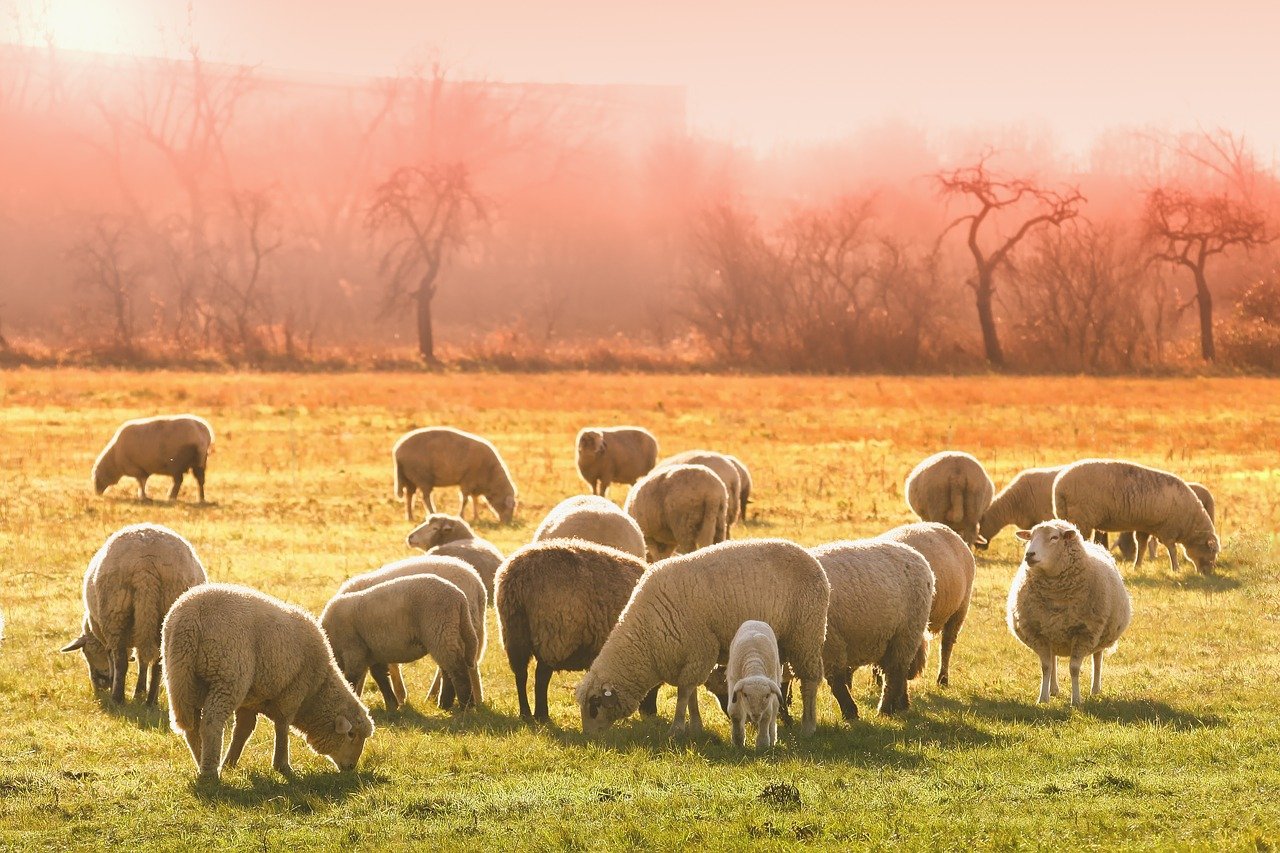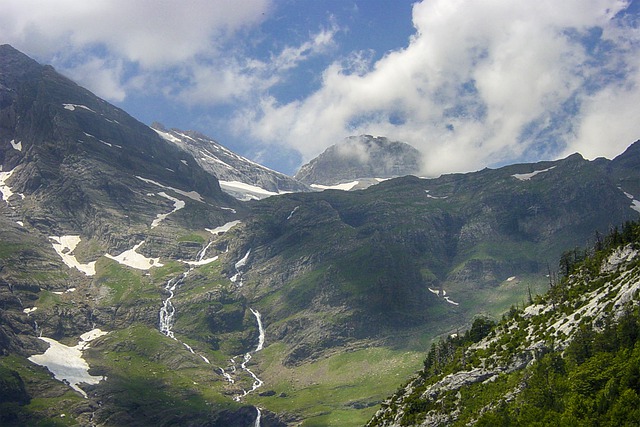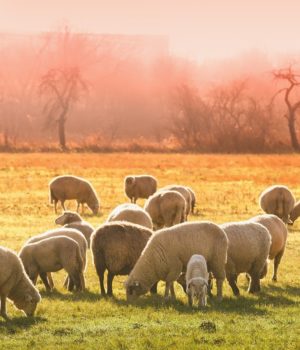Discover the successful case of two brothers shepherds of the Pyrenees de Huesca that have devastated the concept kilometer 0. What is special about this business model? Why do we care that it is not just a fad? Find out!
How did they start with kilometer 0?
More and more businesses are boasting of the term «Kilometer 0». That is, premises that sell local food produced in the vicinity. For this reason, we deal with the case of the Garcés brothers in this article. Both of them, tone y David, come from Huesca and have 33 and 30 years, respectively. From a young age they knew that the countryside was their thing, admiring the rural environment in which they grew up.
Today they run a restaurant where each food is kilometer 0. The meat comes from their herds of lambs y kids. On the other hand, fruits and vegetables come from their huerta. Thus, they pursue the objective of offering the most natural product possible, without chemicals, and not emitting waste. However, the road to reach the goal has not been easy.

The parents of both were dedicated to shepherding and had their own herd. However, with the birth of the two they decided to diversify. They needed to increase their income and opted for restoration. So, they set up a restaurant in the town 25 years. This served as a precedent for the Garces brothers They were dedicated both to livestock and to the restoration itself.
From grazing to restoration
Time passed and they decided to dedicate themselves to shepherding. However, they were totally dissatisfied with the CAP. It didn't fit. their circumstances, since they did not have as many head of cattle or hectares as necessary. "To have 500 sheep y 60 hectares to join the sector is unfeasible in mountain areas”, they explain. In this way, they accuse the policies of Brussels of harming small farmers. They also attack them considering that they are confronting the owners of the scarce land available.
They changed course after a while selling their cattle to wholesalers. They wanted to give it added value and that is why they started supplying the family restaurant five years ago. They turned it into a business kilometer 0 self-sufficient. That is why today the 65% meat they produce goes to the restaurant. The rest is marketed through a cooperative. It is worth noting the effort to have the right number of animals to supply the premises and avoid the overproduction.
Next projects
“It was something natural, common sense, we had a garden and animals, why not try self-sufficient the restaurant with our products?” Tone explains. This is the more agriculturally inclined of the two and has a new project in mind. His wish is to start a greenhouse. What both are looking for is that it allows "to have their own production of vegetables and vegetables all year round". In this way the cycle is closed and everything that comes out of the land is used to generate income in the restaurant all year round.

Toné and David claim that continuing with the family tradition does not have to be an obligation. They find happiness in the countryside offering the quality and closeness of zero kilometer. Today they serve as a reference for all those people who fight for their opportunity in the cattle raising. If you want to know more, we recommend the documentary "Rural Rebellion" about your story.
To finish, we commented that they would like to stop using the expression "If you don't study, you can only be a pastor" in the negative sense. Do you think it is a case of the thousands that will come shortly?







